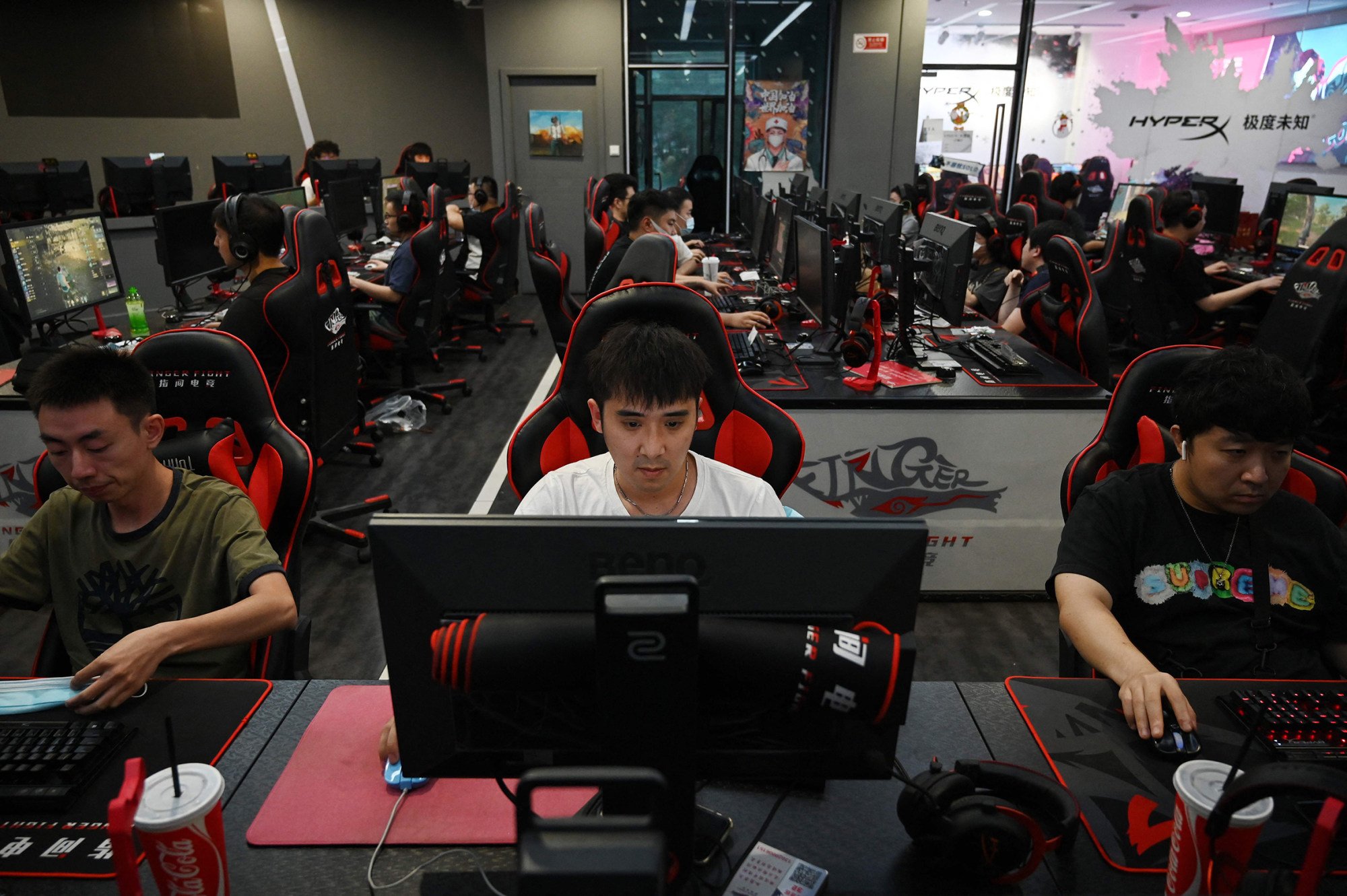
How the internet has transformed China in the past 30 years, and vice versa
- Since China officially connected to the internet in April 1994, its economy has grown explosively, along with the popularity of domestic web services
- While Beijing’s efforts to tame the internet were initially ridiculed, it has pushed ahead with its own model of internet governance
April 20 is remembered in China for marking a milestone in the nation’s development: It was on this day in 1994 that the country officially connected to the internet through a 64 kilobit special line, thanks to the service of Sprint, a US telecoms company.
To commemorate the event’s 30th anniversary and celebrate China’s achievements since then, the state-backed internet society hosted a symposium over the weekend.
China has good reasons to pat itself on the back for embracing the web. The rise of the internet coincided with the country’s opening up and its strong desire to interact with the rest of the world.
During the 1980s and 1990s, one of the most read books in China was The Third Wave by American writer and futurist Alvin Toffler. The biggest takeaway for China was that it could not miss the third wave of transformation of human society, which involves the internet and information technology, after being left behind during the previous wave of industrialisation.

Three decades on, it is fair to say that China is one of the most successful countries in embracing the internet.
Once an economic and technological backwater, China now has the world’s largest population of internet users and leads the world in the adoption of some internet services such as e-commerce and cashless payments.
Behind the popularity of those services is a powerful and effective nationwide network that allows people to be connected anywhere via reliable and affordable systems.
China’s internet development has been a process of learning and adaptation, which shows the true entrepreneurship of the Chinese people. In the beginning, the country had to learn everything from scratch, whether it was hardware or software. Its start-ups had to look to their US peers when designing business models.
Sohu, one of China’s major internet portals, borrowed its page design from Yahoo. The interface of the Baidu search engine, which launched in 2000, resembled Google’s. The first popular service launched by Tencent Holdings, a chat tool introduced in 1999 called OICQ and later renamed QQ, was a thinly veiled clone of AOL’s ICQ.
But Chinese firms quickly proved that they were more than just quick learners. Once they started adapting the internet to the unique demands of Chinese users, their services saw explosive growth, resulting in the birth of tech giants.

In short, the internet has accelerated China’s economic rise and offered an arena for the country to shine.

Around the world, anonymity is regarded as a hallmark of the free internet, but it no longer exists under China’s internet regulation, with the state being able to identify almost every social media account set up in the country, and trace every piece of information and digital avatar to individuals in the real world.
China’s regulations sound like music to the ears of certain governments that are struggling to contain the impact of social media and generative artificial intelligence.
Still, even as China remains happy about its attempts at taming the internet and turning cyberspace into a walled garden, it should be aware of the potential costs, including the risk of being marginalised in future technological waves.

